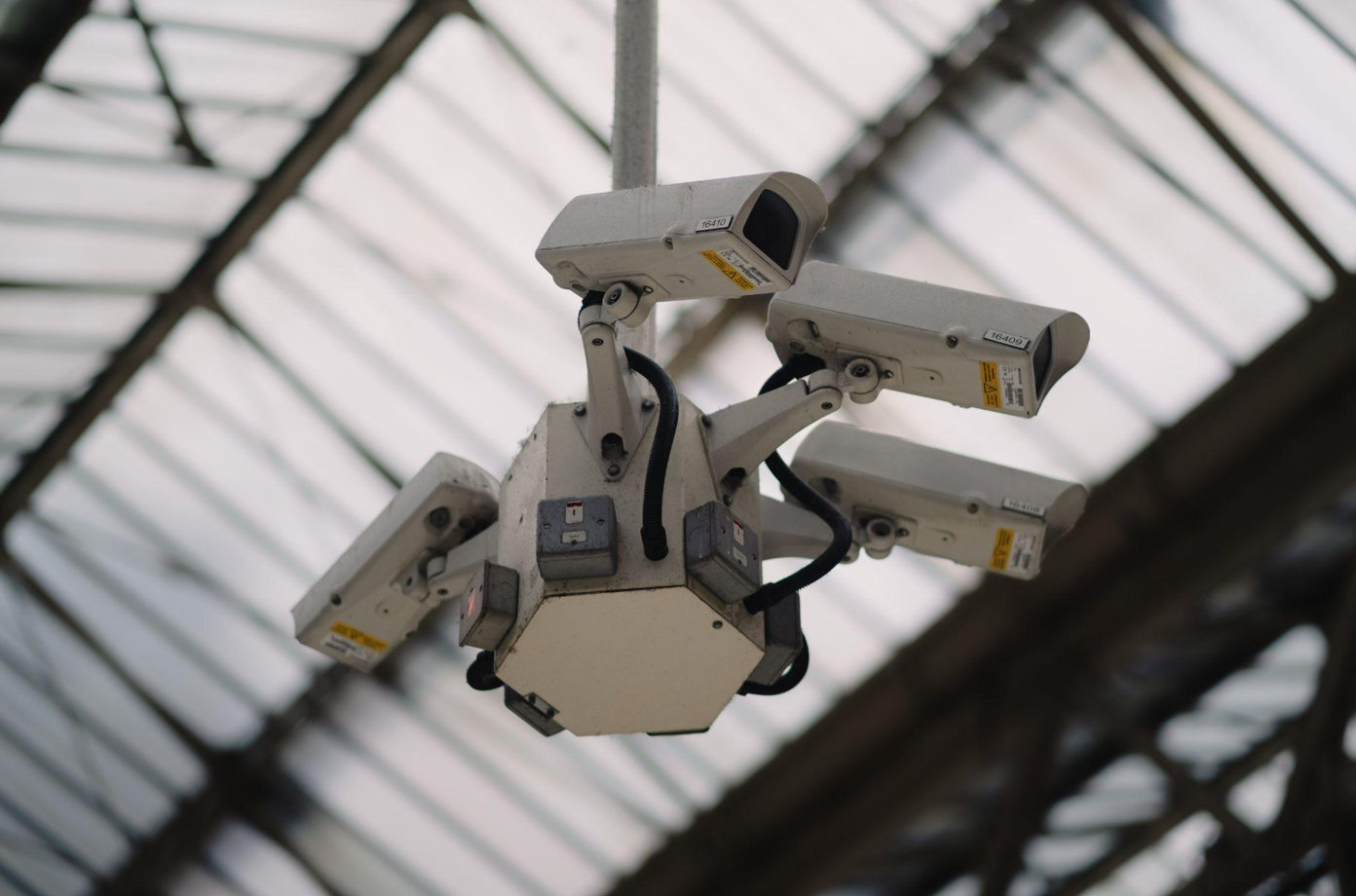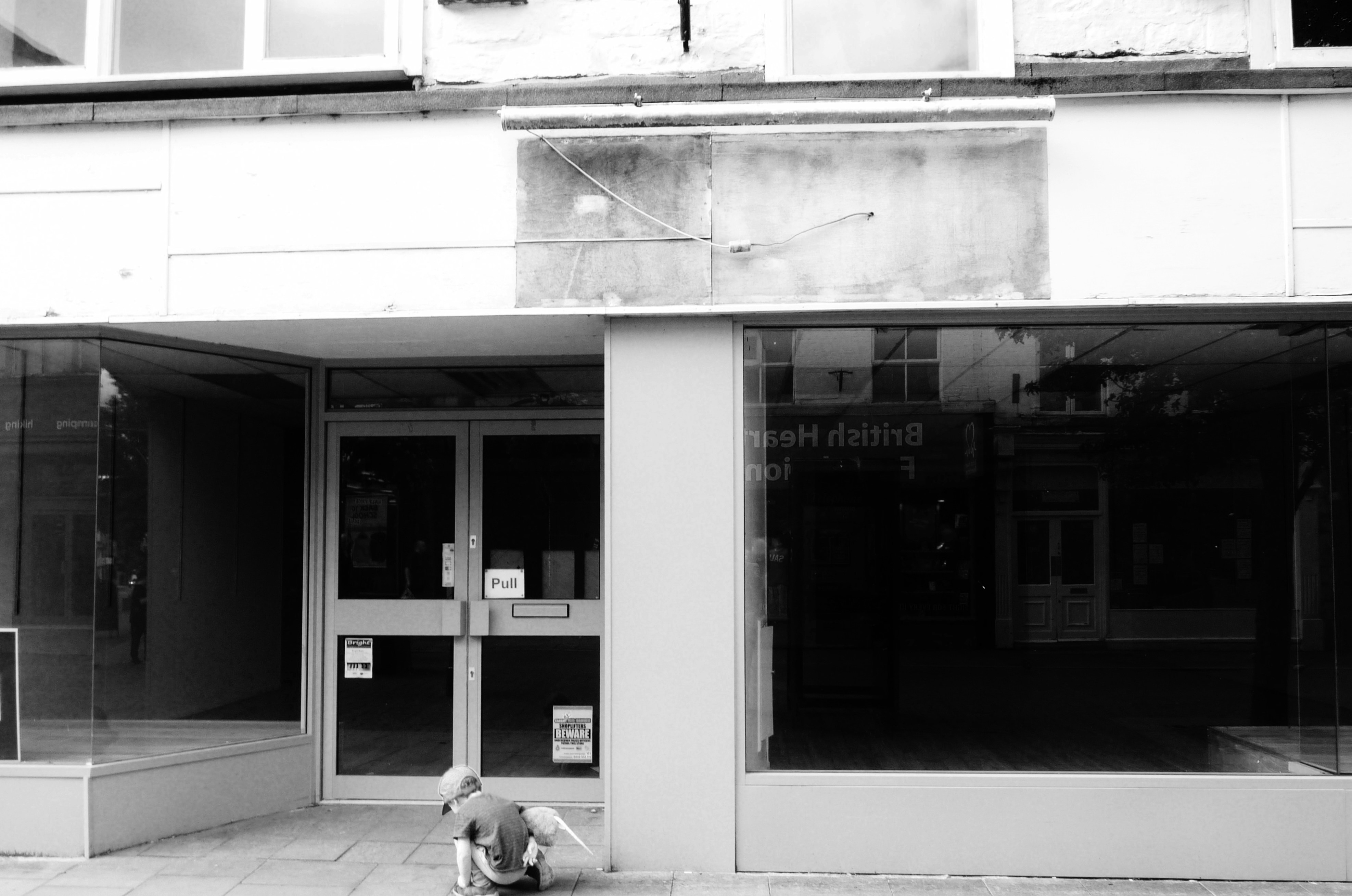Dealing with unauthorized occupation in commercial properties requires a thorough understanding of the legal framework and proactive measures to protect your investments.
Unauthorized occupation, commonly known as squatting, is a significant issue for property investors, particularly those dealing with commercial properties. Unlike residential properties, commercial real estate presents unique challenges when dealing with squatters. Understanding the legal framework and developing effective strategies is crucial to safeguarding your investments and minimizing financial loss.
Understanding Unauthorized Occupation in Commercial Properties
Unauthorized occupation occurs when individuals or groups occupy a property without the legal right to do so. In commercial properties, this can disrupt business operations, lead to property damage, and incur significant financial losses. Unlike residential squatting, where certain laws may protect occupants under specific conditions, commercial property laws are typically more stringent. However, navigating these laws requires careful attention and understanding.
Legal Framework Surrounding Unauthorized Occupation
To effectively address unauthorized occupation, property investors must familiarize themselves with the relevant laws and regulations. These laws vary by jurisdiction but generally involve:
- Trespassing Laws: Most jurisdictions consider unauthorized occupation as trespassing. Commercial property owners have the right to remove trespassers, but this often requires legal procedures.
- Eviction Procedures: Unlike residential properties, where squatters may gain rights over time, commercial property laws favor the property owner. However, proper eviction procedures must still be followed, including serving notices and obtaining court orders.
- Security and Maintenance Requirements: Property owners are often required to maintain and secure their properties adequately. Failure to do so can complicate eviction processes and may even result in fines.
Steps to Take When Discovering Unauthorized Occupation
When discovering squatters on your commercial property, immediate action is crucial. Here are the steps to take:
- Document the Situation: Collect evidence of unauthorized occupation, including photographs, videos, and witness statements. This documentation will be essential for legal proceedings.
- Serve an Eviction Notice: Serve a formal eviction notice to the squatters, informing them of the illegal occupation and the requirement to vacate the premises. This notice should comply with local laws and regulations.
- File for Legal Eviction: If the squatters do not vacate voluntarily, file for legal eviction through the court system. This involves submitting the necessary documents and attending court hearings.
- Coordinate with Law Enforcement: Once an eviction order is obtained, coordinate with local law enforcement to ensure the squatters are removed peacefully and legally.
Preventative Measures to Protect Commercial Properties
Preventing unauthorized occupation is more cost-effective and less stressful than dealing with evictions. Property investors should implement the following measures:

- Regular Property Inspections: Conduct frequent inspections of your commercial properties to identify and address any signs of unauthorized occupation early.
- Security Enhancements: Invest in robust security systems, including surveillance cameras, alarms, and secure locks. Visible security measures can deter potential squatters.
- Property Management Services: Consider hiring professional property management services to oversee your properties. These services can handle maintenance, inspections, and security, reducing the risk of unauthorized occupation.
- Legal Rights Regarding Unauthorized Occupation: Understanding your legal rights and obligations as a property owner is essential. Consulting with legal professionals specializing in commercial real estate can provide valuable insights and strategies to protect your investments.
The Financial Impact of Unauthorized Occupation
Unauthorized occupation can have severe financial implications for commercial property investors. These include:
- Loss of Rental Income: Squatters occupying your property can prevent legitimate tenants from leasing the space, resulting in a loss of rental income.
- Property Damage: Squatters may cause significant damage to your property, leading to expensive repairs and renovations.
- Legal Costs: The eviction process involves legal fees, court costs, and potential fines, all of which can add up quickly.
- Increased Insurance Premiums: Properties with a history of unauthorized occupation may face higher insurance premiums, further increasing the financial burden.
Legal Strategies to Minimize Financial Loss
To minimize the financial impact of unauthorized occupation, property investors should consider the following strategies:
- Lease Agreements with Squatter Clauses: Include specific clauses in lease agreements that address unauthorized occupation. These clauses can outline the consequences of squatting and streamline the eviction process.
- Swift Legal Action: Act quickly when unauthorized occupation is discovered. Delaying action can lead to more significant financial losses and complications.
- Insurance Coverage: Ensure your insurance policy covers damages and losses resulting from unauthorized occupation. Review and update your policy regularly to reflect current risks.
- Legal Consultation: Regularly consult with legal professionals to stay informed about changes in property laws and to develop proactive strategies for managing your properties.
Ensuring Long-Term Protection for Your Commercial Property Investments
Dealing with unauthorized occupation in commercial properties requires a thorough understanding of the legal framework and proactive measures to protect your investments. By staying informed about your legal rights, implementing robust security measures, and acting swiftly when squatters are discovered, you can minimize the financial impact and ensure the continued success of your property investments. Remember, consulting with legal professionals can provide valuable guidance and support throughout the process, helping you navigate the complexities of commercial property management with confidence.


Join the conversation!